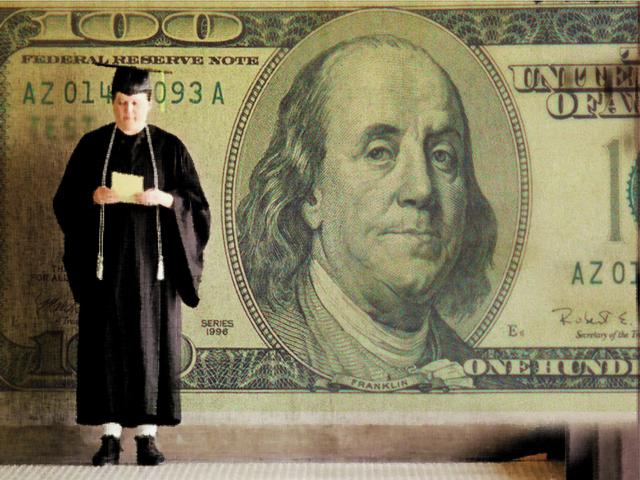
Here is the link for the slides to chapter 16.
Syracuse Finance and Syracuse University Students talk money and financial freedom.

Watch this video, which describes the financial trauma for UCLA students as the result of a recent tuition hike.


Offers abound to help individuals get loans or credit cards, even with less-than-perfect credit history. A South Carolina woman learned the hard way that some deals are too good to be true.
Tyna Milcetich, of Charleston, S.C., had an opportunity in August to move out of her rental home and into a houseboat. She started looking for a loan to buy the $30,000 boat and found Birchmount Financial Services ofOklahoma City through a Google search.
Milcetich said the Web site and the loan application offering personal loans to consumers with poor credit looked like the real thing.
She filled out online forms requesting information about a loan.
The next day, she received a phone call.
"They contacted me back and sent me contracts,” Milcetich said. "Then they told me I’d been approved.”
A poor credit history made Milcetich ineligible for most bank loans. She said her common sense was overcome by the surprise and joy of being approved.
Milcetich filled out contracts, gathered documents and faxed everything back to the company at their 405 area code.
A representative instructed Milcetich she would need to pay $2,400 in collateral before the loan could be disbursed.
Thinking it the opportunity of a lifetime, Milcetich emptied her savings account and wired the money.

 Source 1
Source 1


Posted by Andrew Lipsitz
Tareq and Michaele Salahi have catapulted themselves into the public spotlight with their "uninvited" appearance at a White House state dinner on Nov. 24. It was President Obama's first official state dinner and the gate crashers sadly showed how easy it is (or was that night) to walk in off the street and stand within steps of two world leaders (Obama and India Prime Minister Manmohan Singh).
In an interview with NBC's "Today Show" host Matt Lauer Tuesday morning, the Salahis insisted they weren't party crashers and said the truth will come out in the Secret Service investigation.

Posted by Chris O'Sullivan
Article by Rachel Feintzeig (WSJ)
Bankruptcy got its moment in the Supreme Court spotlight yesterday when the justices heard oral arguments in two bankruptcy-related cases: one centered on the issue of discharging student loans in Chapter 13 and one challenging changes to the Bankruptcy Code.
The latter case could potentially have the biggest impact on bankruptcy attorneys, who are currently barred from encouraging clients who are considering filing for bankruptcy protection to take on more debt. That provision was added to the Bankruptcy Code during the 2005 revisions, along with a requirement that attorneys identify themselves as “debt-relief agencies.”
Minnesota law firm Milavetz, Gallop & Milavetz P.A. is challenging both provisions, arguing that they violate the first amendment. The firm’s attorney, G. Eric Brunstad of Dechert LLP, faced off against the U.S. Department of Justice yesterday on Capitol Hill.
The provision “basically proscribes or tells the lawyer you can’t give perfectly legitimate advice, and that’s wrong,” Brunstad said in an interview following the arguments. “The government has no compelling reason to prohibit that kind of advice.”





